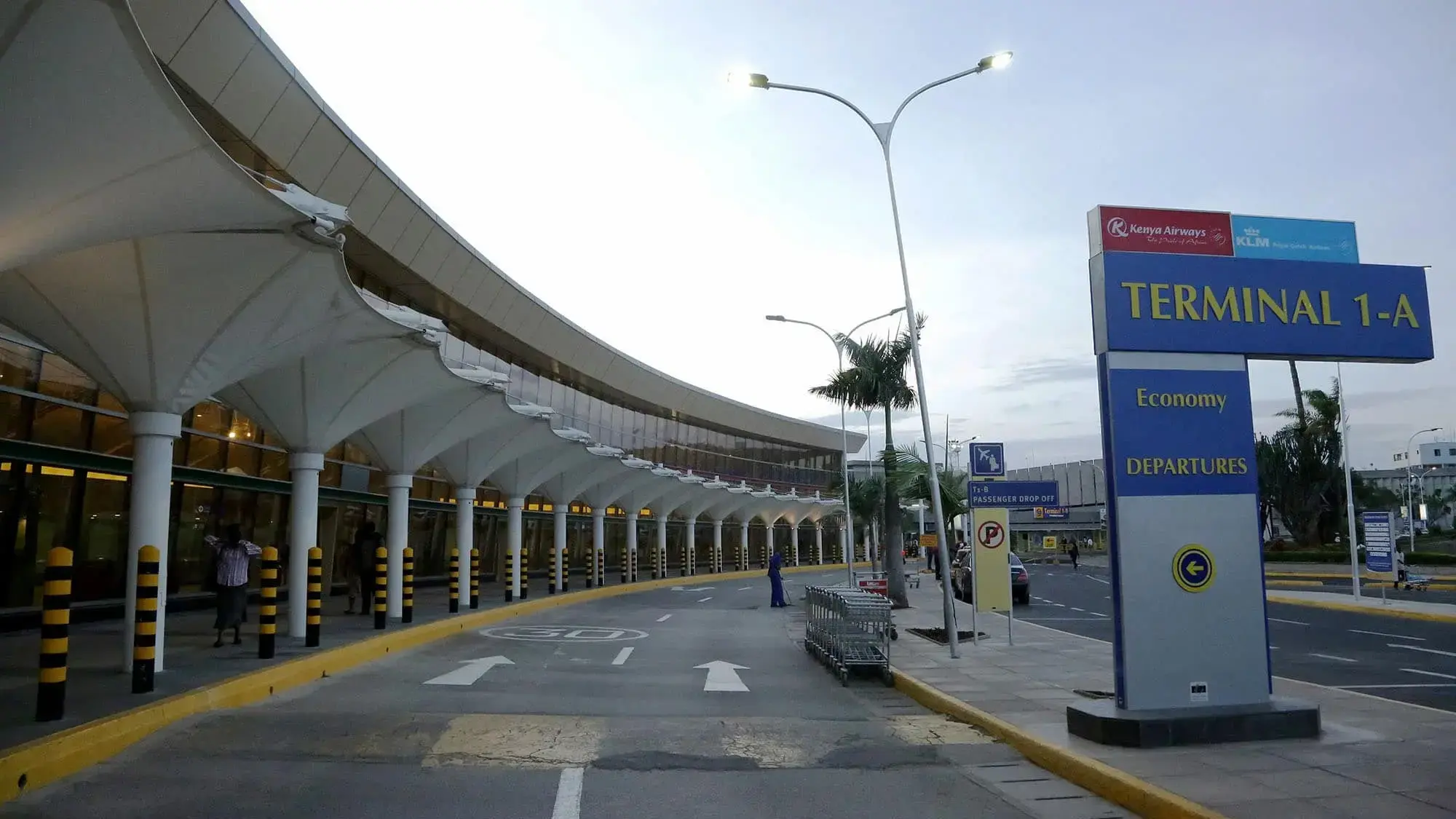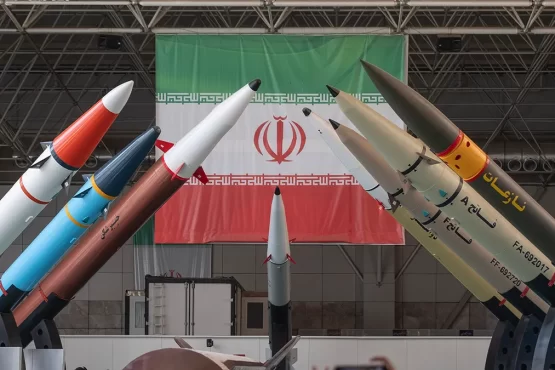Kenya’s largest aviation workers’ union has postponed a planned strike for two weeks to allow for negotiations with the government over a proposed deal with India’s Adani Airport Holdings to develop the country’s main airport.
The strike, originally scheduled to begin Monday, was called off Sunday by the union’s secretary general, Moss Ndiema. “The Union has decided to postpone the strike notice, since we are going into discussions,” Ndiema said, adding that talks would involve the state-run airports authority and the transport ministry.

The union opposes the proposed agreement with Adani Airport Holdings, announced last month, claiming it would lead to job losses and the influx of non-Kenyan workers. “If the meeting fails to reach any agreement, the union will issue fresh strike notice for its members,” Ndiema warned.
The Jomo Kenyatta International Airport in Nairobi serves as a major regional aviation hub, and a strike would significantly disrupt air traffic across East Africa.
Kenya’s government has insisted that the airport is not for sale and that no final decision has been made regarding the proposed public-private partnership with Adani. The Kenya Airports Authority stated that Adani’s proposal includes plans to add a second runway and upgrade the passenger terminal if approved.
According to government officials, the airport currently operates beyond its capacity of 7.5 million passengers annually and requires urgent improvements estimated to cost $2 billion.
The Adani Group, an Indian multinational conglomerate, has been expanding its presence in the aviation sector globally. The proposed deal in Kenya would mark a significant entry into the African market for the company.
The postponement of the strike provides a temporary reprieve for travelers and the aviation industry, which has been recovering from the impacts of the COVID-19 pandemic. However, the underlying issues remain unresolved, with the union’s concerns about job security and foreign involvement in a critical national asset still to be addressed.
The Kenyan government faces the challenge of balancing the need for infrastructure development with the interests of its workforce and concerns about national sovereignty in strategic sectors.
As negotiations begin, stakeholders will be watching closely to see if a compromise can be reached that addresses the union’s concerns while allowing for the much-needed expansion and modernization of Kenya’s primary international gateway.
The outcome of these talks could have far-reaching implications for Kenya’s aviation sector, its workforce, and the country’s position as a regional transportation hub.
Reuters











